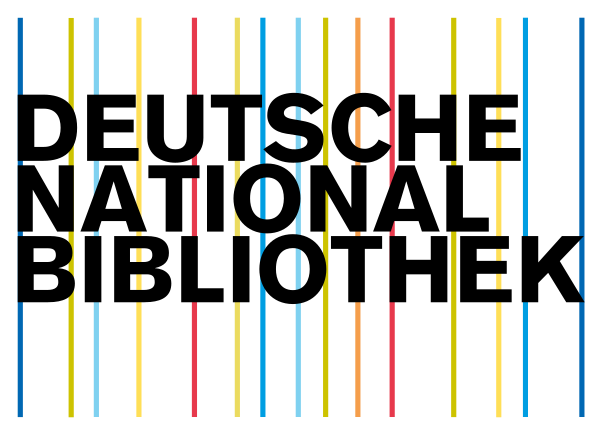Abstraction of Functional Modules from a Legacy ‘C’ Program using Program Slicing
DOI:
https://doi.org/10.5281/zenodo.3974568Keywords:
Reengineering, Legacy Software System, Functionality, Program Slicing, Functional dependency, Computation SystemsAbstract
The present computation industry is growing very fast. Lot of improvements have taken place, as a result of which high speed computation with inbuilt parallel computation is the emerging technology for many of the parallel or multicore processors. Thus this technology is replacing the earlier technologies of sequential computation, leaving very little scope for the sequentially executing programs and their supporting software systems. These systems can neither utilize the modern computing resources nor scale upto their demands. Also, in contrary to the modern computational systems, the sequential executing legacy software systems are the systems which are a result of continuous developmental work of many developers embedding valuable mission critical functionalities. These systems have thus become the major working resources of the organizations but lack the capacity to adopt to the advanced hardware computation domains. Hence it is difficult for the organizations to disown these legacy systems or to maintain them. Thus a framework is required for bridging the gap between the advanced computation systems and the legacy systems. This paper proposes a methodology for abstraction of functionalities from the legacy ‘C’ program using the technique of program slicing.
Downloads
References
Rajkumar N. Kulkarni, “Reengineering of the legacy ‘C’ systems, Ph.D. thesis, 2011.
Chris Birchall, “Re-Engineering Legacy Software”, Manning Publications, 2016
Phillip A.Hausier, Mark G. Pleszkoch, Richard C.Linger and Alan R. Herner, “Using Function Abstraction to Understand Program Behaviour, IEEE, 1990.
Dr Rajkumar N. Kulkarni, Padmapriya Patil, “Restructuring of Legacy ‘C’ Program to be Amenable for Multicore Architecture”, ICRTEST Elsevier energy procedia proceedings, Oct- 2016.
Dr Rajkumar N. Kulkarni, Padmapriya Patil, “Abstraction of Information Flow Table from a Restructured Legacy ‘C’ program to be amenable for Multicore Architecture” LNCS Springer 2018
Dr R.N Kulkarni, Padmapriya Patil ,“Abstraction of Functional Dependency and Information Flow from a Restructured Legacy ‘C’ program for Parallelization” IEEE digital Library-2018.
Isabella Mastroeni, Damiano Zanardini, “Data Dependencies and Program Slicing: from Syntax to Abstract Semantics”, PEPM’08, ACM, 2008.
Anne Meade, Jim Buckley, J. J. Collins, “Challenges of Evolving Sequential to Parallel Code: An Exploratory Review”, ACM, 2011.
Zhen Li, Ali Jannesari, and Felix Wolf, “Discovery of Potential Parallelism in Sequential Programs”, 2014
Joao Rafael, Ivo Correia, Alcides Fonseca, “Dependency-Based Automatic Parallelization of Java Applications”, LNCS 8806, Springer, 2014.
S. Rul, H. Vandierendonck, and K. De Bosschere, “Function level parallelism driven by data dependencies,” SIGARCH Comput. Archit. News, vol. 35, no. 1, pp. 55–62, Mar. 2007.
Miguel Angel Aguilar , Juan Fernando Eusse, Projjol Ray , Rainer Leupers , Gerd Ascheid , Weihua Sheng , Prashant Sharma ,” Parallelism Extraction in Embedded Software for Android Devices”,2015 IEEE.
Downloads
Published
How to Cite
Issue
Section
URN
License
Copyright (c) 2020 Perspectives in Communication, Embedded-systems and Signal-processing - PiCES/ WorldServe Online

This work is licensed under a Creative Commons Attribution 4.0 International License.






